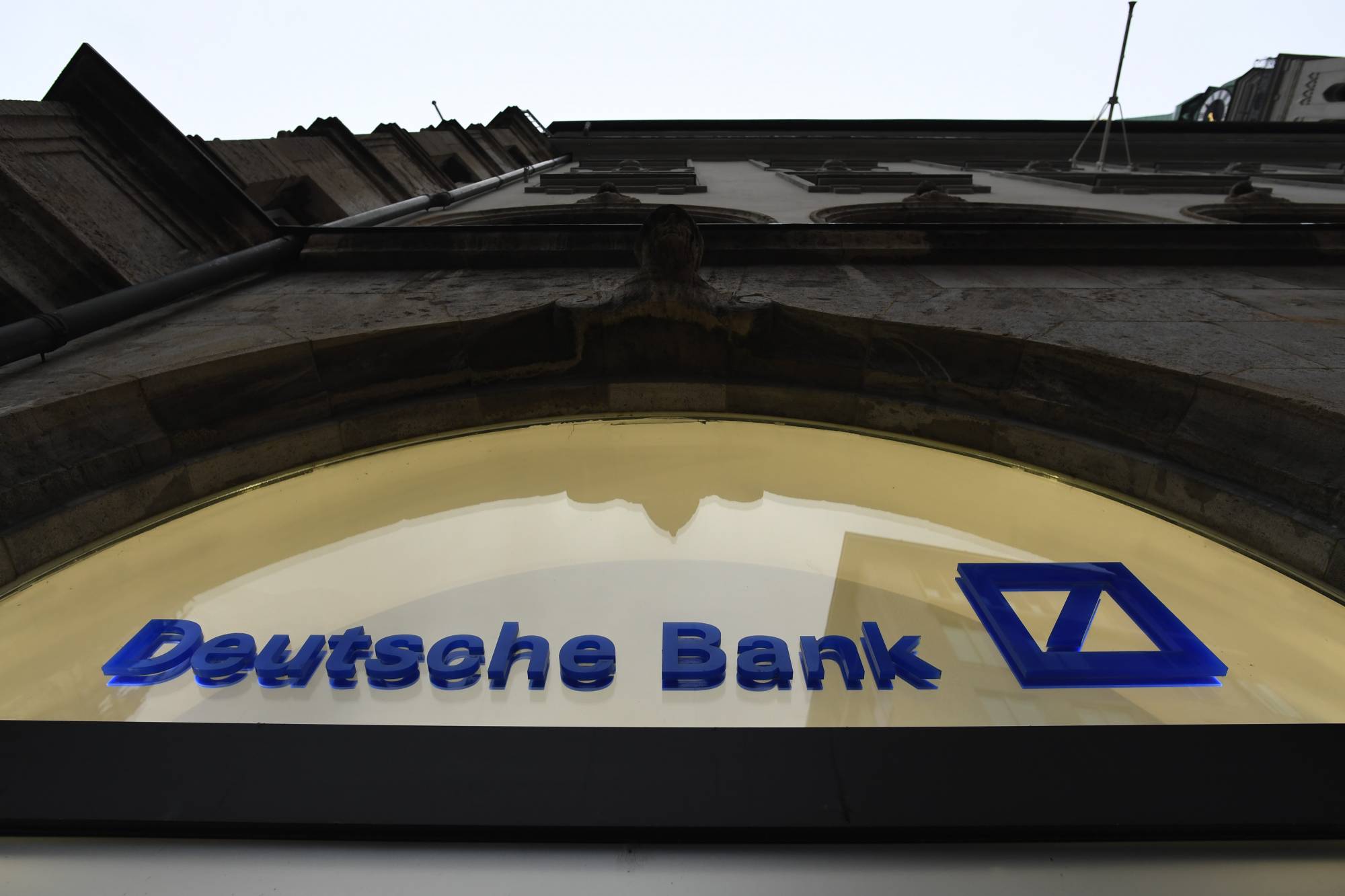The message the European Central Bank has sent by objecting to Deutsche Bank AG's proposed bonus pool is unmistakable in the midst of a pandemic, but the banking regulator needs to be careful about unintended consequences.
The European Union is on a concerted post-Brexit drive to lure highly-paid bankers to the continent from the City of London, as my colleague Elisa Martinuzzi has written. Regardless of the merits of Deutsche’s original plan to pay out more than 2 billion euros ($2.4 billion) for staff performance in 2020 — now scaled back because of the ECB’s reservations — bankers and traders do pay close attention to these things. Their expected levels of pay will help determine whether they up sticks for Paris, Frankfurt, Amsterdam or wherever.
Deutsche’s checkered recent history — its shares are still a fraction of what they were in 2007 — does justify the ECB’s qualms about excessive rewards in its particular case. For management to try to raise the bonus pool by more than a third was punchy when the regulator was clear in its guidance that restraint on bank dividends and executive pay is required right now. Banks didn’t cause this crisis, but they’ve benefited from a loosening of their capital rules, cheap ECB loans and the injection of vast amounts of public money into the economy. Outsized pay goes against the collective spirit.

















With your current subscription plan you can comment on stories. However, before writing your first comment, please create a display name in the Profile section of your subscriber account page.